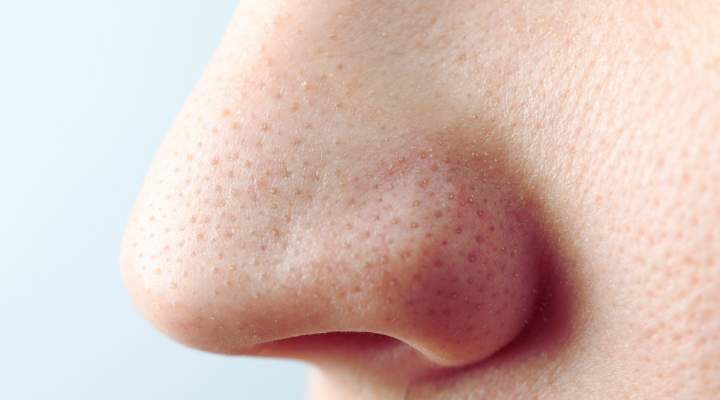4. Changes in Appetite and Food Cravings
Parasites can influence your eating habits, either by increasing your hunger or making you lose your appetite altogether. This happens due to their direct impact on your digestive system and nutrient absorption:
- Increased Hunger: Some parasites demand a lot of energy, making you feel perpetually hungry, even after meals.
- Loss of Appetite: On the other hand, severe infections can suppress your appetite, leading to unexplained weight loss.
- Unusual Food Cravings: A craving for sugary or carb-heavy foods may be linked to parasites, as they thrive on these energy sources.
Paying attention to sudden or significant changes in your eating habits is essential for early detection.
How Are Parasitic Infections Diagnosed?
If you suspect you have a parasitic infection, timely diagnosis is critical. Common methods include:
- Stool Tests: These identify the presence of parasites or their eggs in your feces.
- Blood Tests: Certain blood tests can detect antibodies or specific parasites.
- Imaging Scans: In some cases, imaging such as an ultrasound or MRI may be necessary to locate parasites.
A qualified healthcare professional can guide you through these processes to ensure accurate results.






